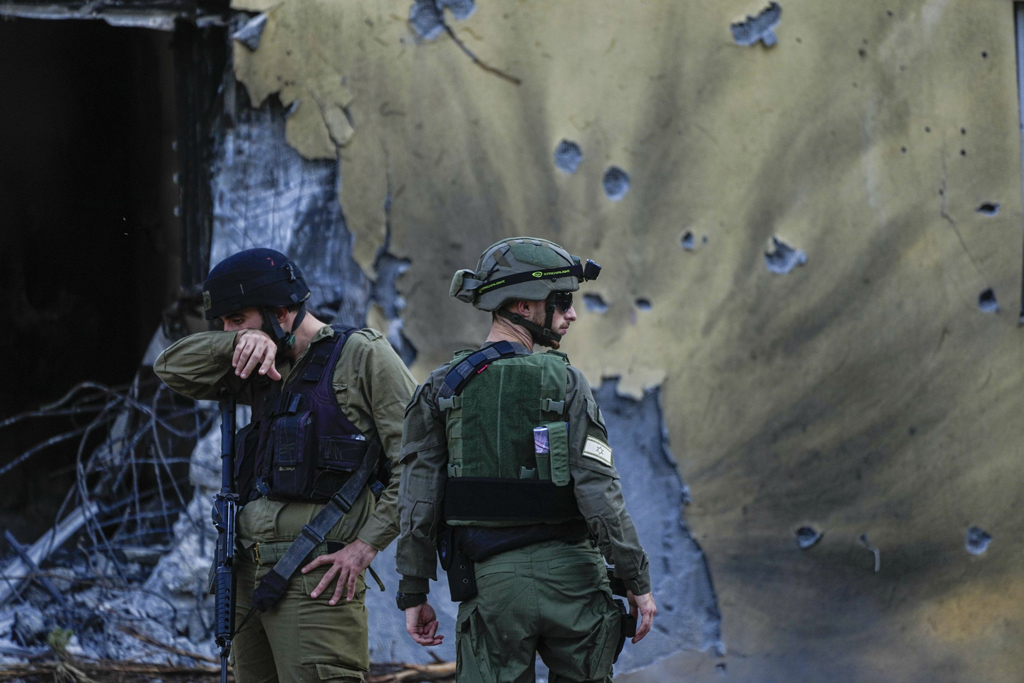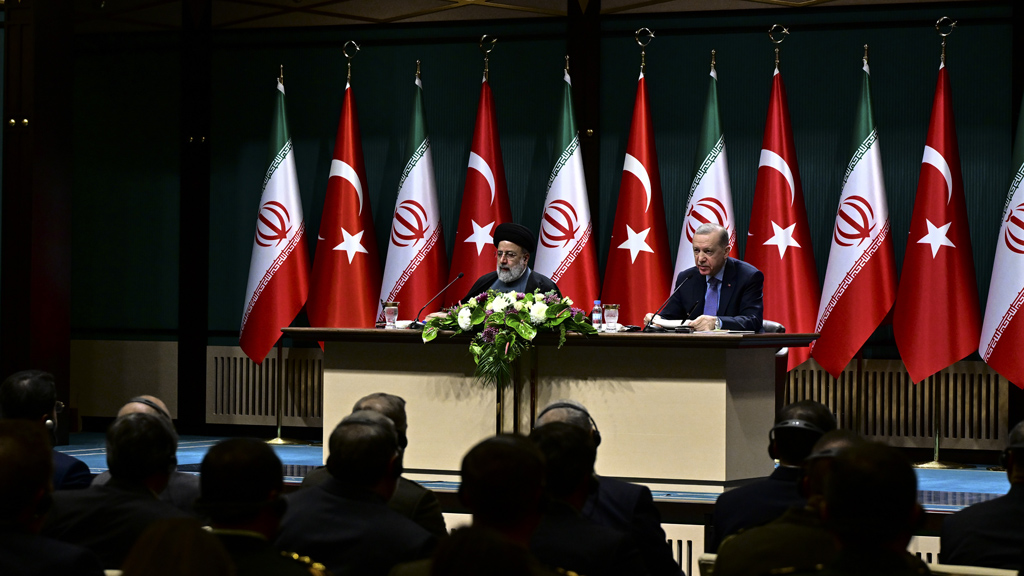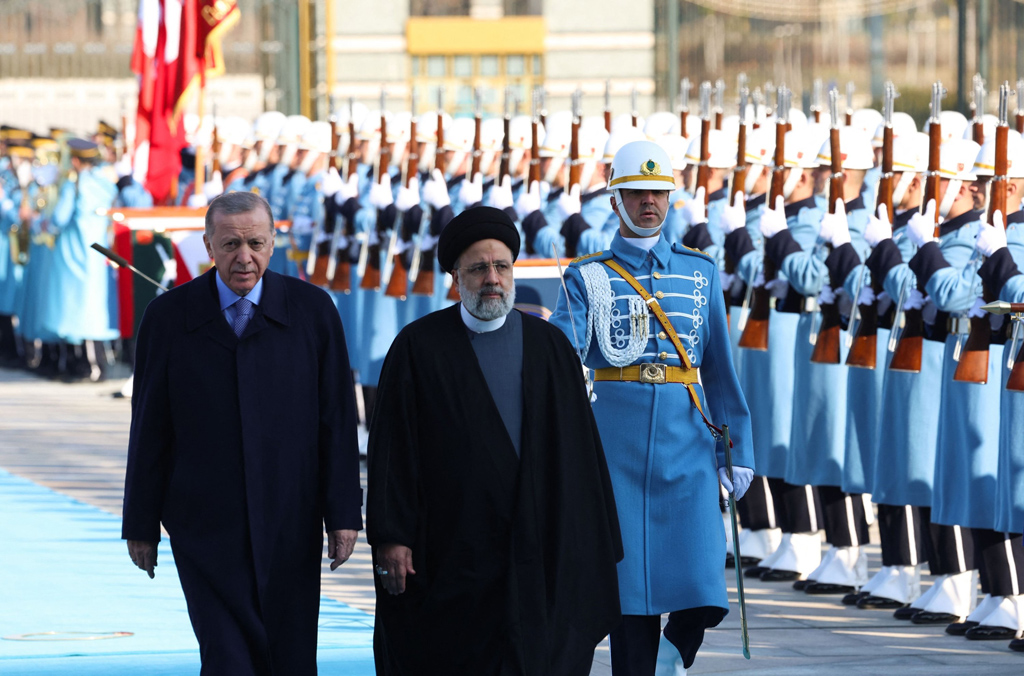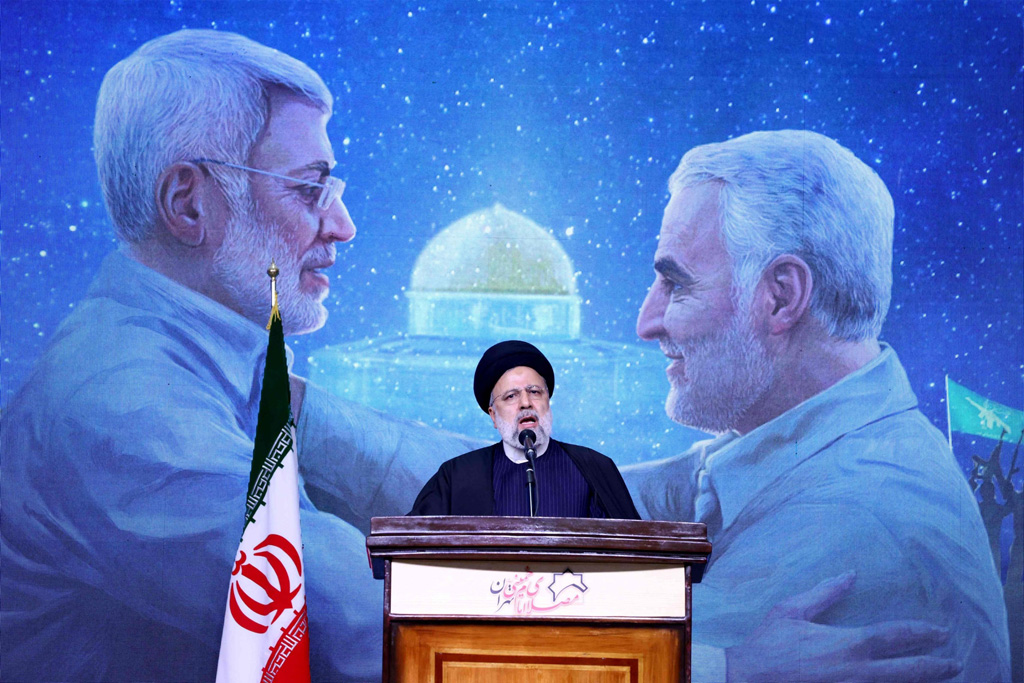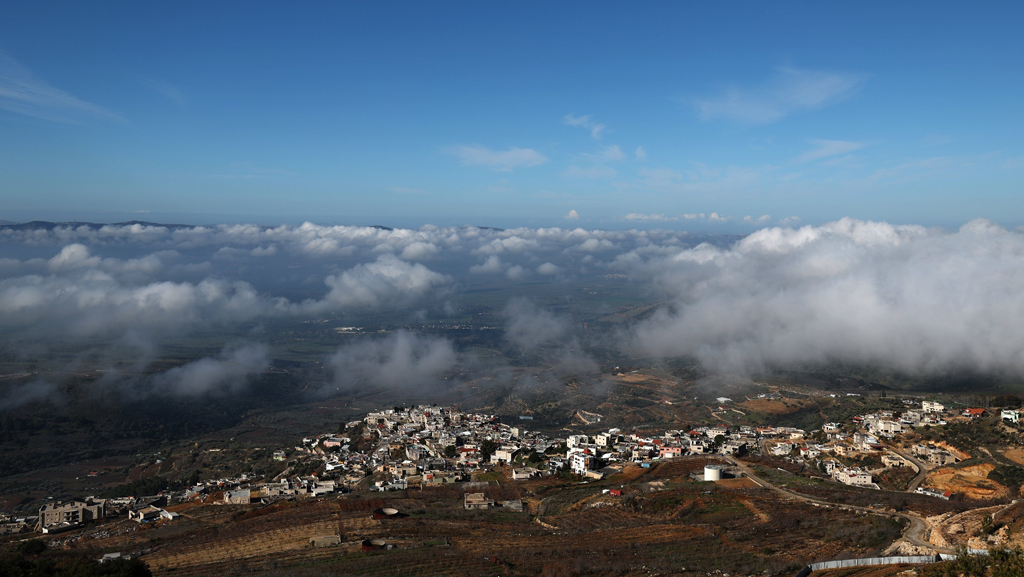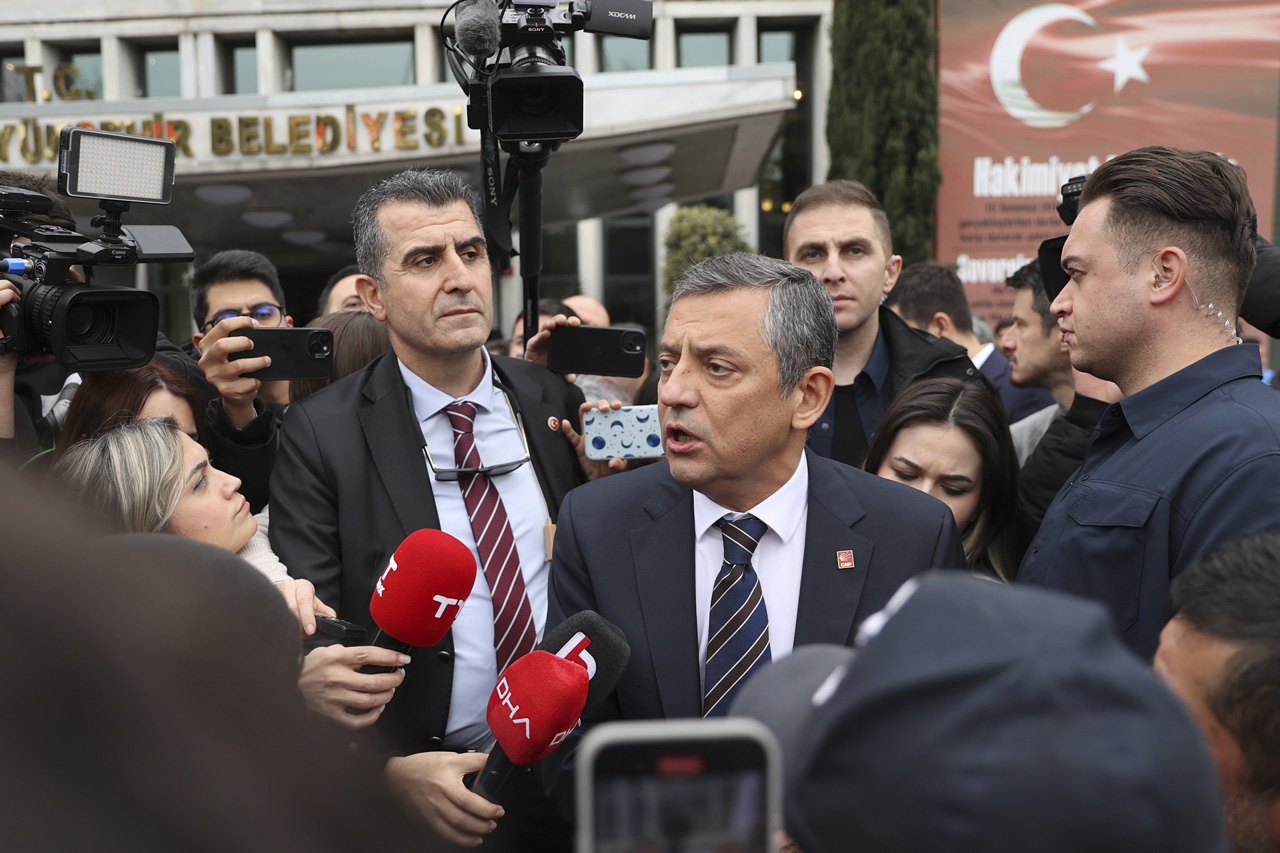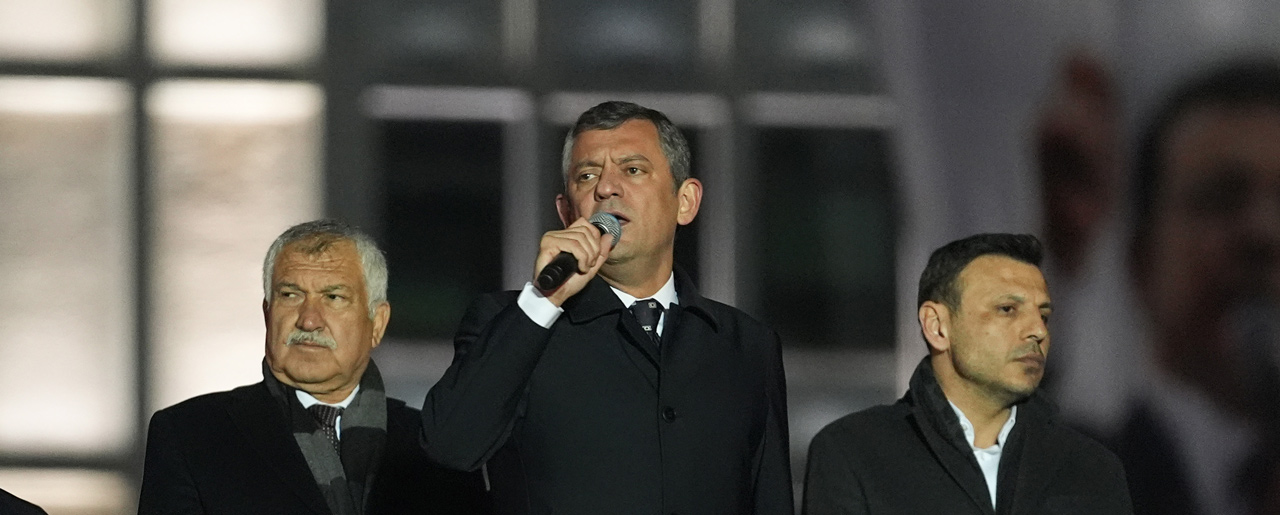A series of attacks and clashes sent shockwaves through the Middle East over the last week. Israel's massacres in Gaza and low-intensity conflict with Hezbollah at the Lebanese border remain underway. Meanwhile, in the Red Sea, the United States and Britain bombed Yemen's Houthis for the fourth time on Thursday. Washington also relisted the Houthis as a global terrorist group. On Tuesday, Iran attacked Syria, Iraq (Irbil) and Pakistan (Balochistan) with ballistic missiles. Provided that the country had used proxy forces in previous attacks, the direct involvement of the Revolutionary Guards was noteworthy. Observers argue that Tehran deemed "reaction by proxy" insufficient – a sign, they say, that the country's infamous "strategic patience" is running out. The Iranian government and its supporters, in turn, claimed that their target in Irbil was linked to Mossad and their assault on Pakistan was intended to crack down on an Israeli-funded terrorist entity. Iran also said that it targeted an armed affiliate of Daesh in Syria. On Thursday, Pakistan retaliated against the Iranian attack by carrying out a series of surgical strikes against "separatist terrorists" in Iran's Sistan and Balochistan province. Jordan was bombing the Syrian province of Sweida around the same time. The Syrian regime's production of illicit drugs remains a source of concern for Amman. Taking into consideration Türkiye's weeklong attacks against PKK-YPG operatives in Iraq and Syria (in the wake of the deaths of nine Turkish soldiers in northern Iraq), one cannot help but wonder where the region is headed. The global power struggle, which gained momentum with the Ukraine war, turned into a maelstrom after the Oct. 7 attack, pulling in regional powers of the Middle East. It goes without saying that all countries in the region highlight the importance of the fight against terrorism, sovereignty and territorial integrity. Each conflict, however, gives rise to additional uncertainty and violence – a source of grave concern. Promoting regional security requires bilateral and multilateral partnerships. If there is any attempt to unilaterally fill the power vacuum that regional powers have created, the competition among the relevant nations would not only deepen existing problems but also create new challenges.
Escalation of 'national pride'
It seems unlikely that any country can stay safe by funding militias or showcasing their power. Quite the contrary, as the escalation between Iran and Pakistan demonstrates, "national pride" has the potential to undermine cordial relations, thereby playing into the hands of one's adversaries. The bottom line is that we need to prevent the disruption of normalization, which was caused by the Israeli-Palestinian conflict, from setting in motion additional clashes. Countries like Saudi Arabia and Türkiye remain concerned about the perilous situation unfolding in the Middle East. Indeed, the Turkish government called for a peaceful solution to the dispute between Iran and Pakistan. Failure to heed that warning might transform the region in ways that hurt the interests of all nations. Obviously, the U.S. military presence and operations enable Israel to create a list of its priorities to stay safe. Iran, in turn, exploits the situation in Gaza to reinforce the "axis of resistance." The ideal solution would involve countries in the region to jointly work toward a lasting cease-fire in Gaza and a two-state solution. Any show of power in the absence of such a perspective and efforts would merely serve to isolate the relevant countries. Indeed, Iran's "restrained proxy war" against the U.S. and Israel (in the Red Sea and elsewhere), together with its repercussions in Iraq and Pakistan, causes many to perceive that country as overly ambitious. The regional order, which shall emerge in the Middle East after the Israeli-Palestinian conflict, will be shaped by the choices that the leading Middle Eastern powers make – not just the policies of the global powers. [Daily Sabah, January 20, 2024]

